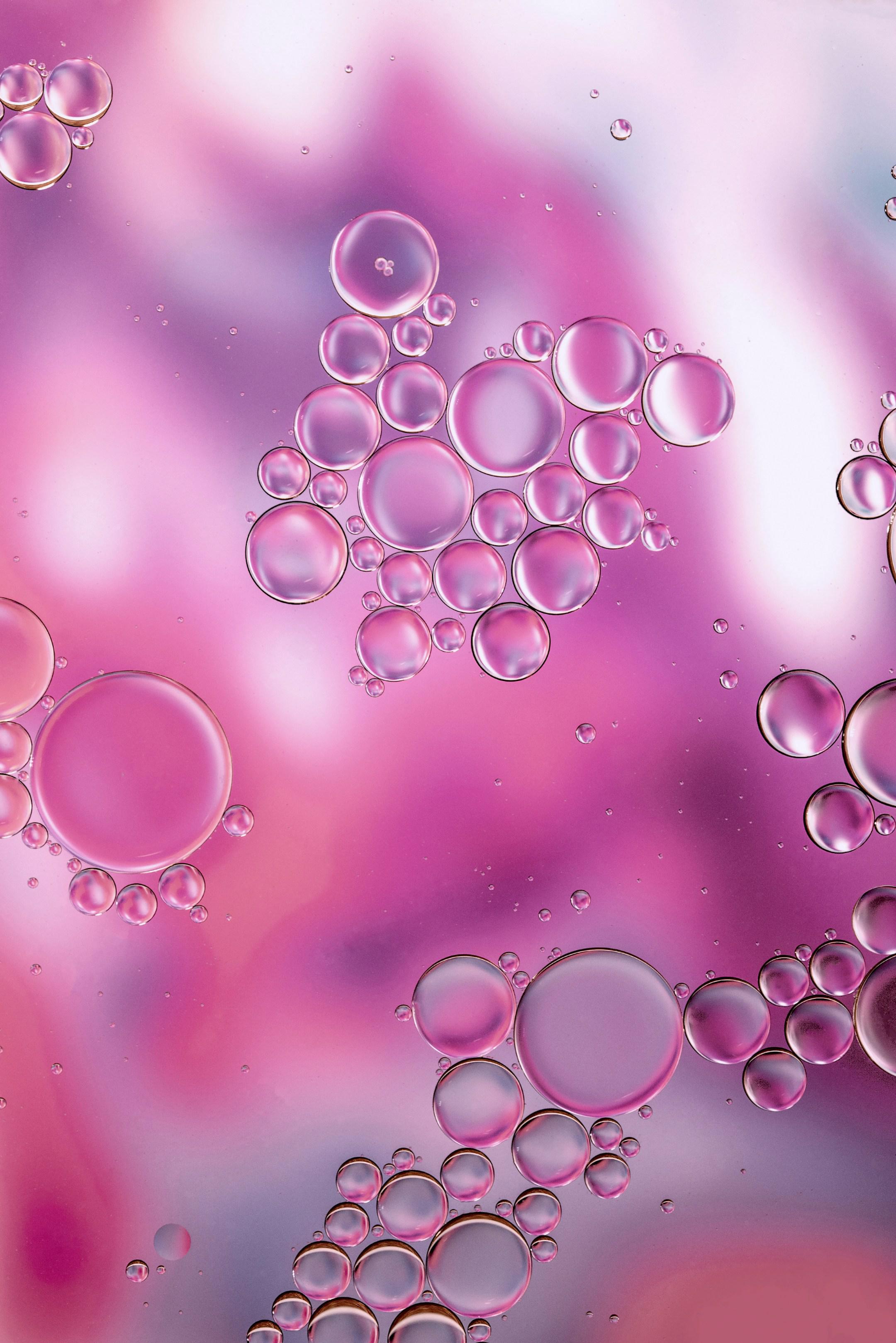
When it comes to painting the exterior of your home or building, blistering can be a frustrating and unsightly problem that many property owners face. Blistering occurs when bubbles or raised areas form under the paint, which is caused by moisture that becomes trapped between the surface and the paint film. This can lead to the paint peeling, cracking or even falling off entirely, leaving your exterior looking unattractive and poorly maintained.
Fortunately, there are several ways that your paint contractor can mitigate this issue through proper preparation, materials, and application. Here are five tips that your paint contractor can employ to prevent paint blistering:
Proper Surface Preparation
A thorough cleaning and preparation of the exterior surface before painting is essential. All dirt and debris must be removed, and the surface must be dry and free of moisture. Any loose or flaked paint must also be removed using sandpaper or a wire brush to ensure that the new paint adheres properly and does not trap moisture underneath.
Selecting High-Quality Paint
Quality paint is crucial when it comes to preventing blistering. Cheap, low-quality paint may save money in the short term, but it can lead to premature blistering and peeling. A reputable paint contractor will use high-quality paint that not only adheres well to the surface but is also designed to withstand harsh weather conditions.
Proper Application Techniques
Applying paint correctly can make all the difference when it comes to preventing blistering. The paint should be applied evenly and not too thickly, as this can make it more susceptible to trapping moisture. Your paint contractor should also allow each coat to dry completely before applying the next coat to prevent moisture from becoming trapped.
Choosing the Right Time
Paint contractors should also pay attention to the weather conditions when planning to paint the exterior of your property. Painting during hot and humid weather, or during a period of heavy rain, can increase the likelihood of blistering. The ideal weather conditions to paint in are dry, warm, and with a low humidity level.
Proper Ventilation
Proper ventilation is essential to prevent moisture buildup, which can lead to blistering. Your paint contractor will ensure that windows and doors are open and that fans are used to encourage airflow, leading to optimal drying conditions.
If blistering occurs even with the proper application and preparation, your paint contractor can address the issue in the following ways:
A professional and experienced paint contractor can prevent and address paint blistering before it becomes an issue. By using quality paint, proper application techniques, and considering factors such as proper ventilation and weather conditions, your paint contractor can ensure that your property's exterior remains attractive and well-maintained. If blistering does occur, your paint contractor will identify the cause and provide a suitable solution to address the problem, giving your property's exterior the finish it deserves. When you need a professional paint job done right, get in touch with the experts at UCI, and leave the blister resistance to us.